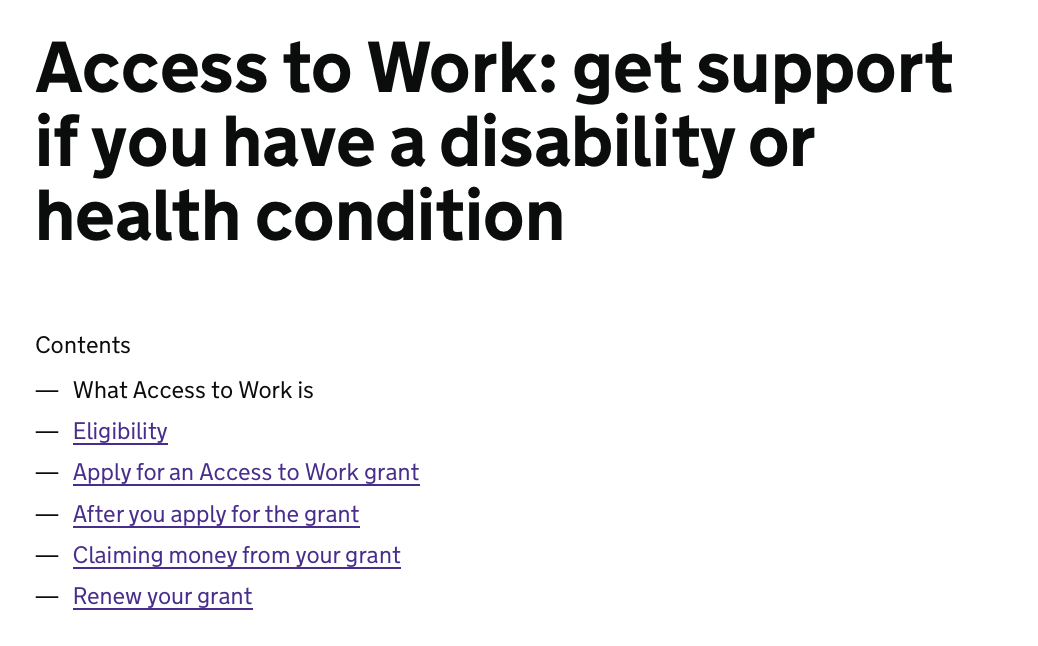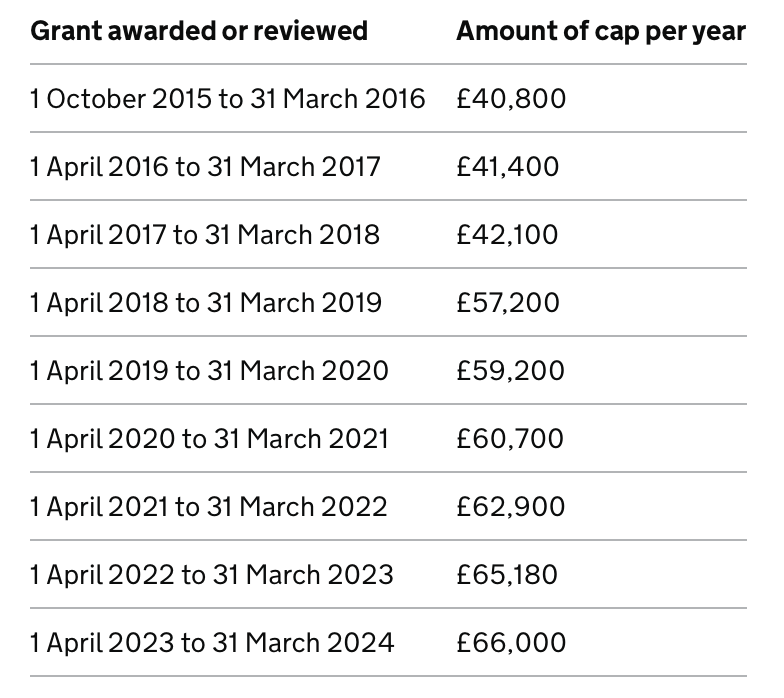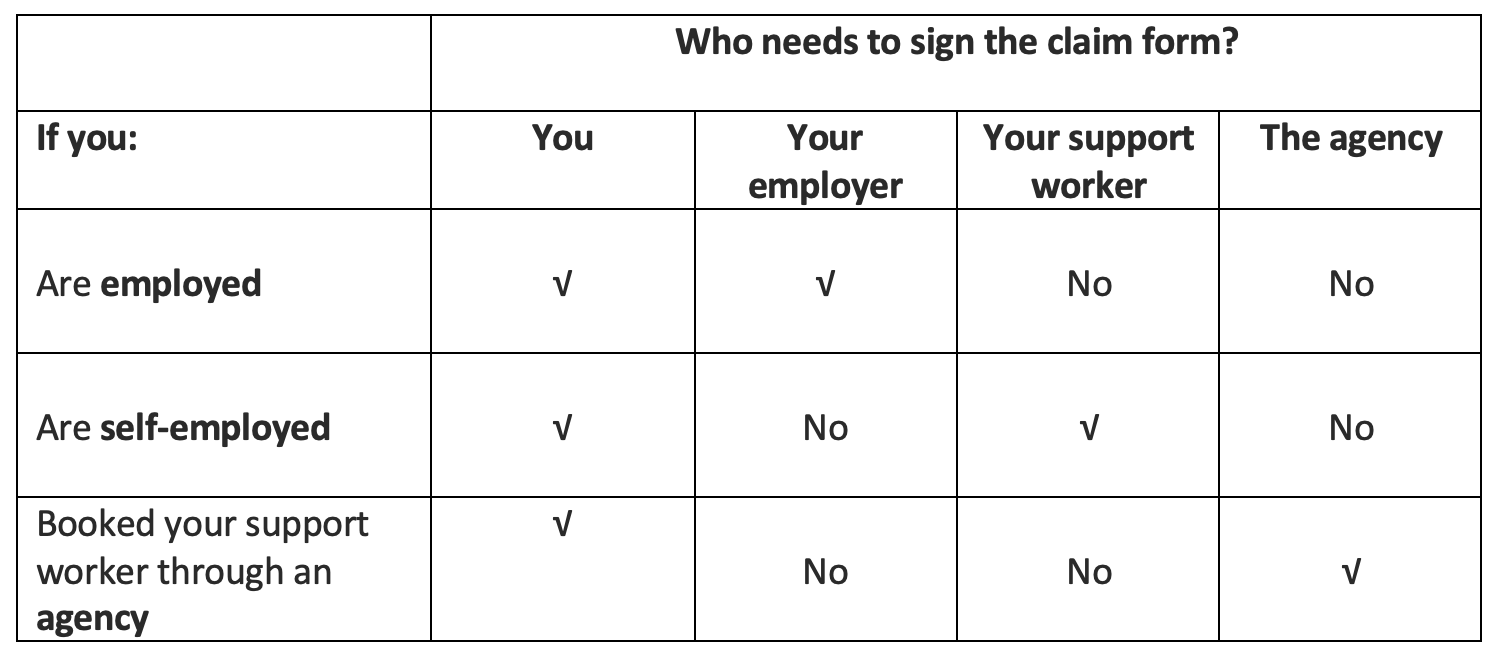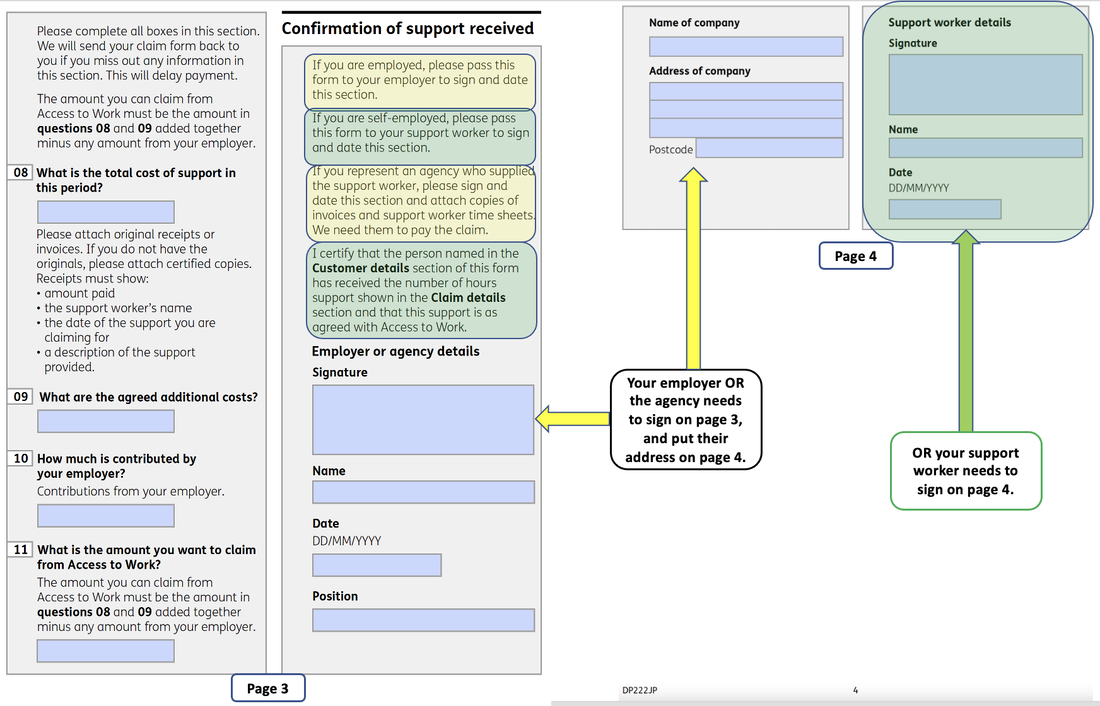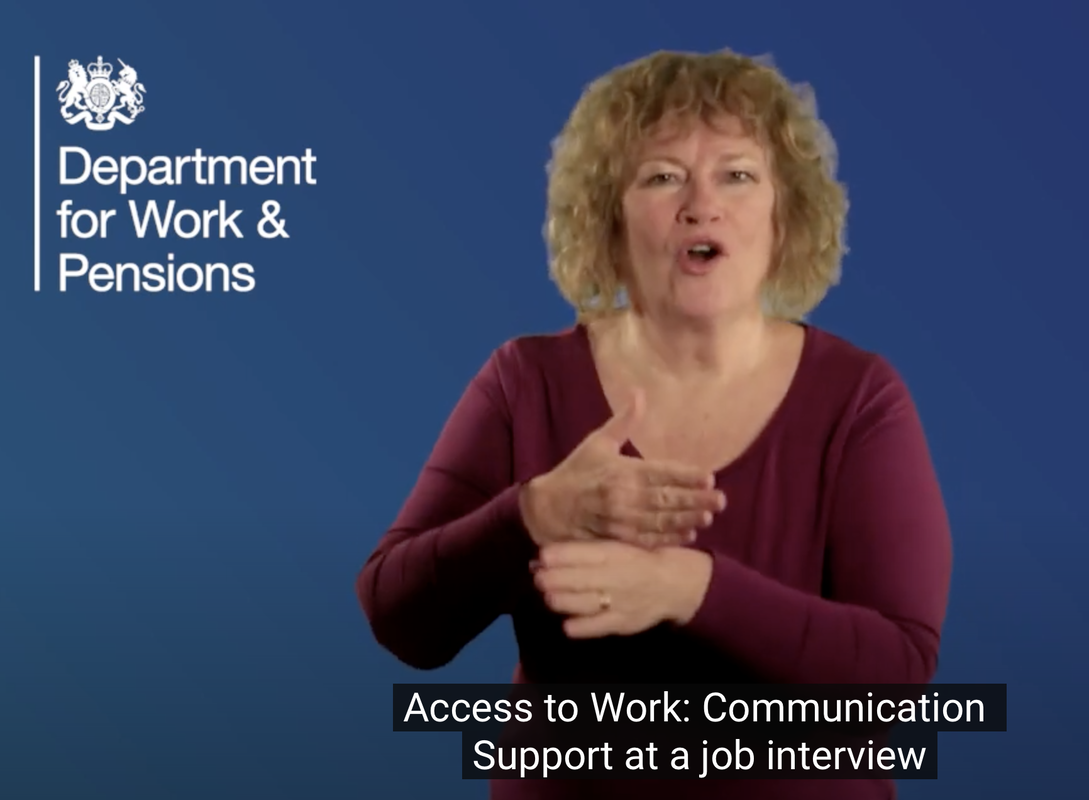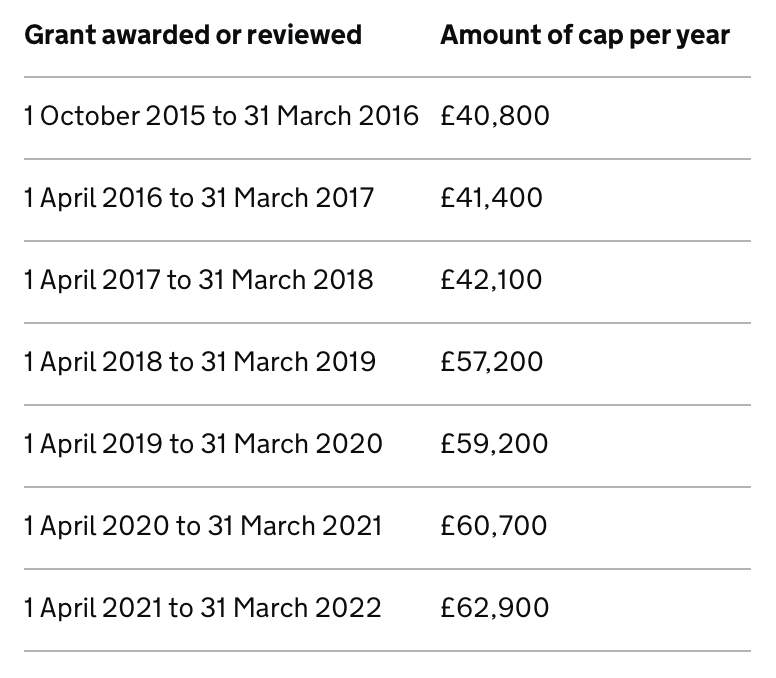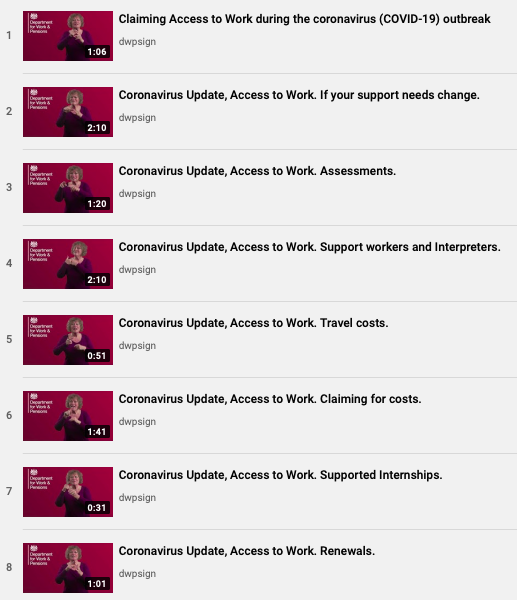The survey is already written, but I need to have the time to translate it into BSL. (If you might be able to help with this, let me know).
If you would like to do the survey in English, before it is translated into BSL and sent to the DeafATW mailing list, click here. If you find any problems with the form, please let me know.

